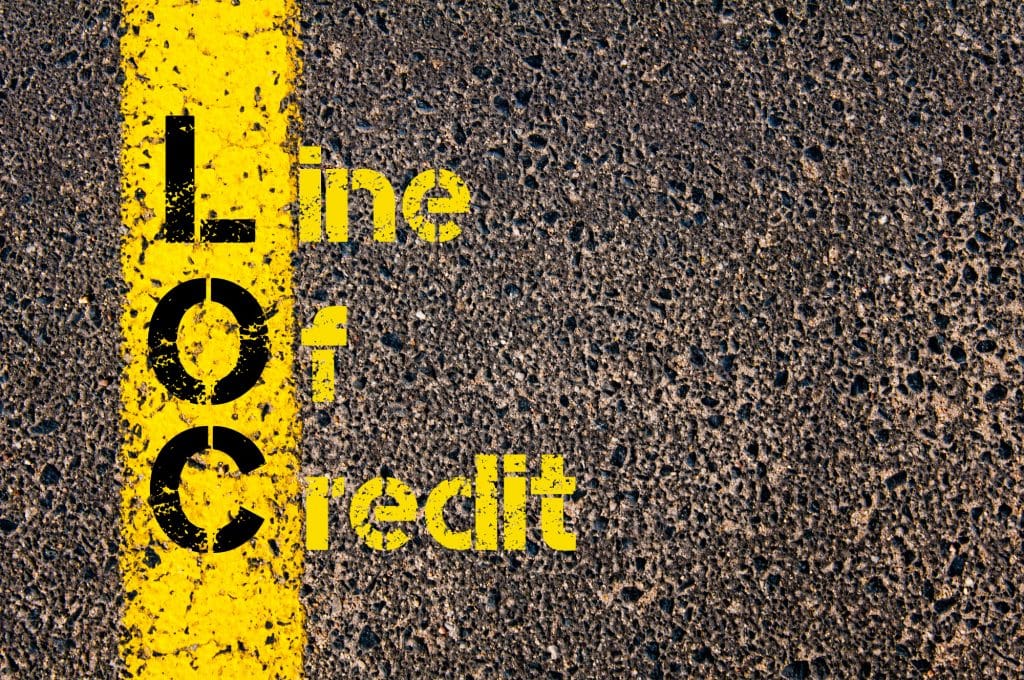Innovative lending services, such as crowd and P2P marketplace loans, are becoming increasingly popular in many European countries. With the development of financial technology, recent years have witnessed a growing number of business customers and private borrowers using these digital financial services.
According to data gathered by Finanso.se, the European fintech, or the alternative loans industry, is expected to hit a $9.6bn transaction value this year, growing by 10% year-on-year.
Crowdlending Generates Nearly 70% of Total Market Transaction Value
After the financial crisis, many traditional banks became very restrictive in approving loans, especially in some European countries, leaving businesses and individual consumers with no access to much-needed cash. This created space for lending platforms, which connected borrowers directly to lenders, and removed the banks from the equation.
Lending platforms use sophisticated computer algorithms to make lending decisions, provide fast loans, and lower rates to borrowers. Investors, on the other hand, are given the ability to easily invest in loans outside of their countries at attractive returns.
In 2017, the European fintech lending market hit $6.3bn value, revealed the Statista Alternative Lending Market Outlook. By the end of 2018, the market value increased by 20% and reached $7.5bn worth. The rising trend continued in the next twelve months with the entire market reaching $8.7bn value. The statistics indicate European fintech lending industry is expected to show an annual growth rate of 3.0% between 2020 and 2023, resulting in $10.5bn transaction value in the next three years.
The market’s largest segment is crowdlending or peer-to-peer business lending. In 2017, European peer-to-peer loans in the business sector reached $3.6bn worth. Over the last three years, the market value of the crowdlending loans increased by more than 75% and hit $6.5bn transaction value in 2020. Statistics show this amount will grow to nearly $7.2bn in the next three years.
Consumer peer-to-peer loans are forecast to edge up to $3.1bn value in 2020, twice less than business lending.
Number of European Fintech Loans to Reach 1.3 Million by 2023
Although peer-to-peer business loans represent the leading market segment, the statistics indicate a much higher number of consumer peer-to-peer loans in Europe. In 2017, there were more than 911,000 successfully funded alternative loans in the consumer segment.
Business peer-to-peer loans reached over 63,000, or 14 times less compared to consumer loans. In the last three years, consumer and business alternative loans rose to 1 million and 75,900, respectively. The average funding per loan in the crowdlending segment is expected to reach $86,185 this year. Statista survey indicates the total number of European fintech loans will amount to over 1.3 million by 2023.
Compared by geography, the United Kingdom represents the leading European fintech lending market, and the third-largest fintech lending market globally. According to statistics, the total value of UK fintech loans is expected to peak at a value of $4.8bn this year.
Switzerland ranked as the second-largest market in Europe with $1.4bn worth transactions in 2020, growing by remarkable 27.4% year-on-year. With a $796 million transaction value in 2020, Italy ranked as the third-largest fintech lending market in Europe.
However, besides Switzerland, Denmark and Spain are expected to see the highest growth rates in the following years, rising by 23.7% and 22.9% respectively year-on-year.
Read the full story here: https://finanso.se/european-fintech-lending-industry-to-hit-9-6bn-value-this-year/





